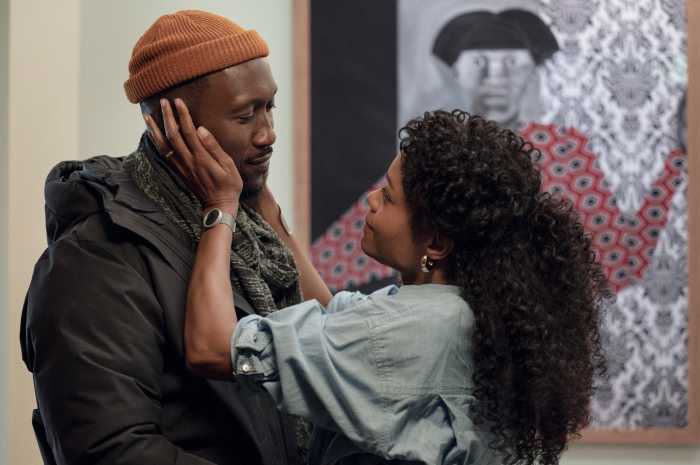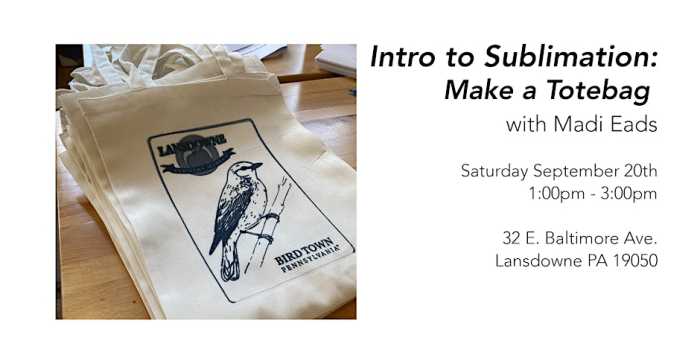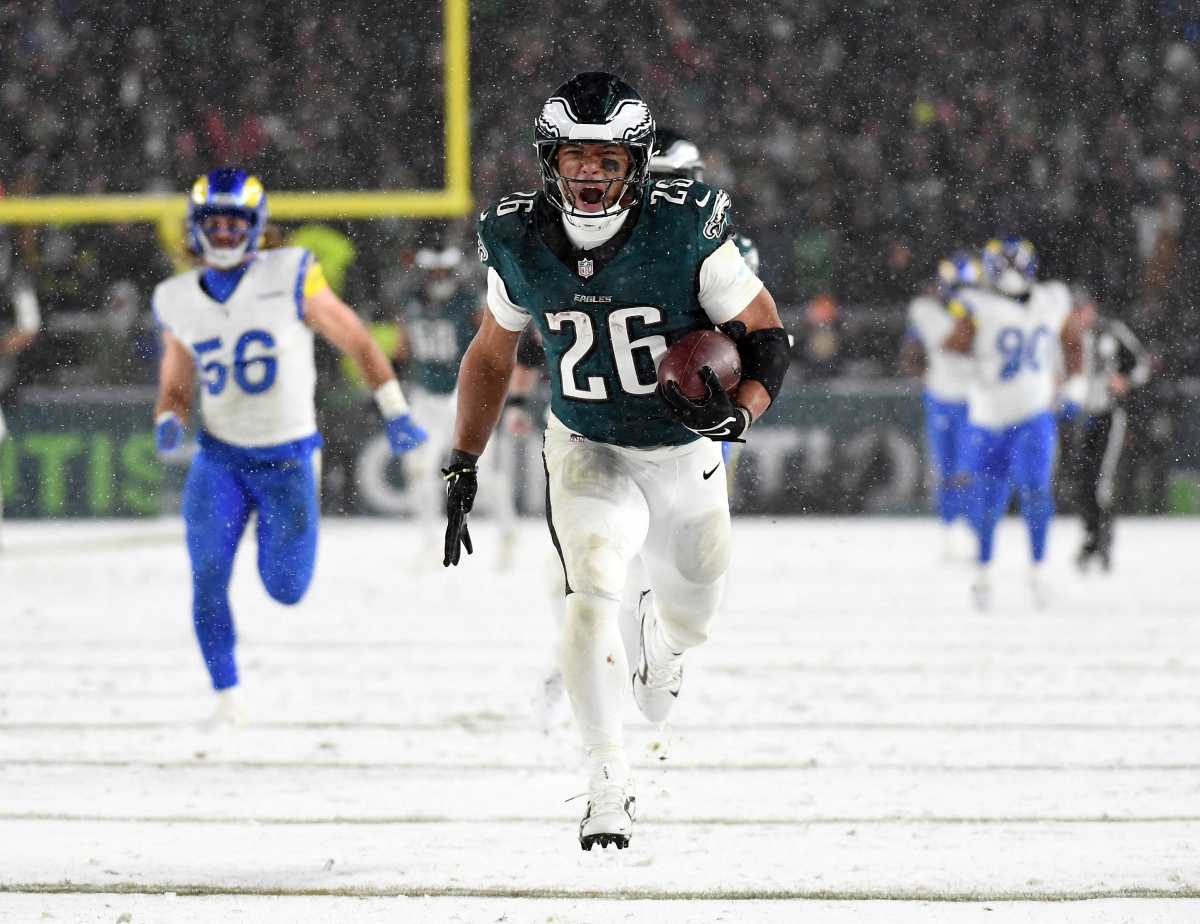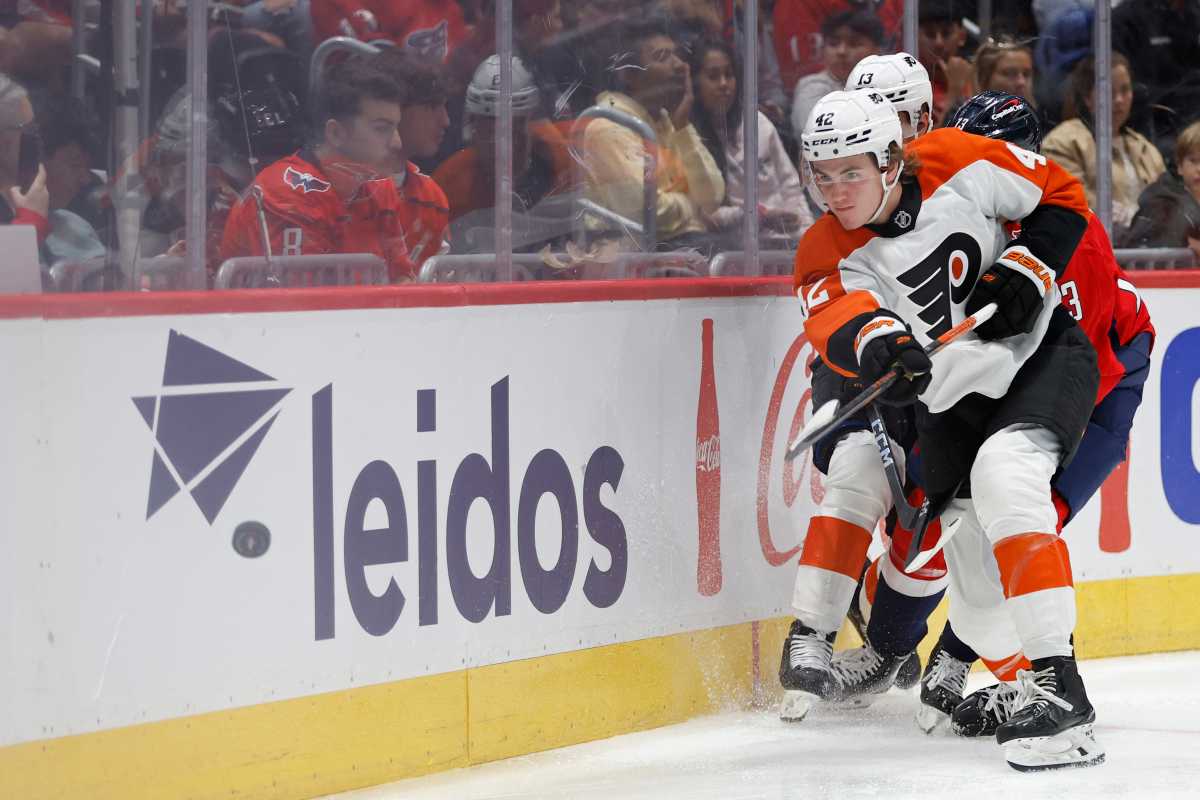Everyone has heard the energetic music and seen the dynamic personality of rock and roll legend Little Richard. But what Emmy Award-winning producer and director Lisa Cortés wanted to find out was what fueled the musician both on and off of the stage and what his true story was—and still is— in today’s world.
And this film does so with archival footage, interviews and new information about him that puts Little Richard’s voice front and center. To chat more about ‘Little Richard: I Am Everything,’ Cortés sat down to discuss how this documentary helps show a new side of rock and roll history through one of its forefather’s eyes.
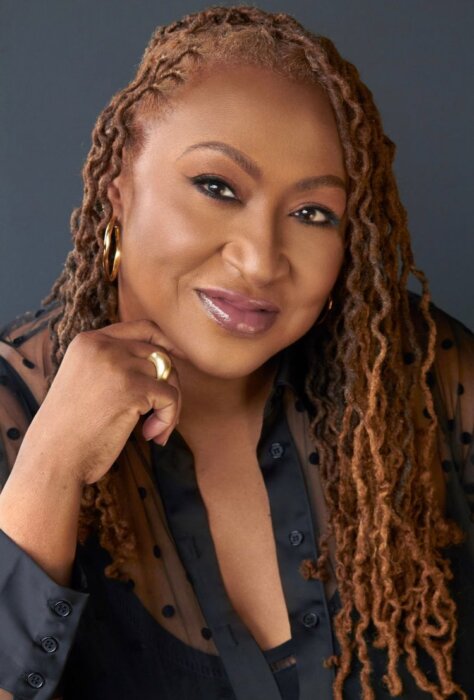
Why tell the story of Little Richard, and why now?
Like most people, I knew the music, and I knew the fun and the joy that you experienced when you listened to it. But, I knew one dimension of Little Richard where he would go on talk shows, and say he was the bronze Liberace and tell people to shut up—which was such a small component of this multi-dimensional person. I had no idea of the instrumental role that he played in the birth of rock and roll and how important he is to the structural integrity of the genre.
It was 2020 when he passed away, we were in the middle of a pandemic, and whenever someone passes away, they play their music all the time. I started listening to the music and it brought back fond nostalgic memories of being a kid and jumping around with my cousins. And then, I started seeing these interesting tributes to him from Elton John to Dave Grohl to Bob Dylan. And I’m like, wait a minute—I want to watch a doc on him…there was no doc on him. So, it led me down this path.
What were some of those beginning steps of research?
Well, the first was to read his autobiography and to get a sense of how he saw his story, and I quickly determined that throughout his life, Richard wanted to be front and center in narrating his journey. So then the next step was to do a deep archival dive to see, can we find his voice narrating his cradle to grave story?
Once I knew that that had been accomplished, I was like, okay, so he’s going to be our guy—but we also needed people to counter some of the things that Richard says, because as you see in the film, sometimes he doesn’t exactly tell the truth. I felt for the audience, I just didn’t want to have certain declarations made by Richard, but [rather] to have a variety of voices from friends, family, and rock musicians who knew him. Hopefully, this lends to more immersive storytelling.
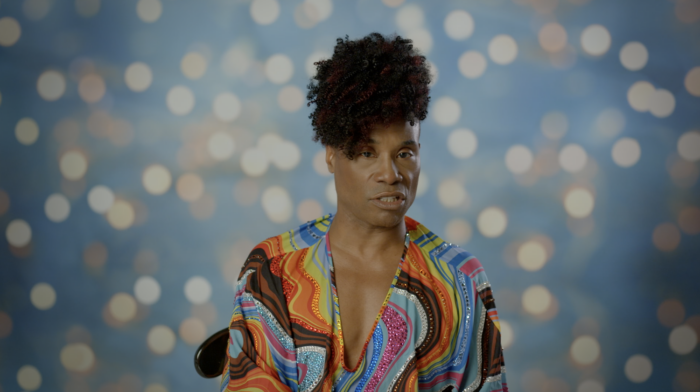
Was there anything that surprised you the most when researching and learning about him?
I think this story of this young man being kicked out of his home because of his queerness [and then] being taken in by a club— Ann’s Tic Toc in Macon, Georgia. That was a gay club, as the librarian called it. We would not think in 1940s Macon, Georgia ,that there’s a club where black and white queer people could come together. That was pretty amazing.
And then Richard going on the road and performing as Princess Lavonne in drag, because then it all starts to make sense. You know, he is pulling from all the different parts of his origin story and of the traditions that are there, both the traditions that are known and the traditions that are non-normative.
If Little Richard were alive today, what would you want to ask him?
I would’ve loved to have heard more from him on how he came up with the original lyrics to ‘Tutti Frutti’…as you know, they’re quite bawdy. And Richard wrote about people he knew, experiences he had or heard about, so that song is very specific, and I don’t want to give it away to our readers, but I would’ve liked to have heard his telling of the inspiration behind that song.
And speaking of the song, it had really interesting graphics to go with it in the film, and those graphics pop up other times as well. Where did that decision come from?
That was in collaboration with the editors, I said I want a visual vocabulary that speaks to several things: One, Richard as this energetic life force that came to earth from another planet. He is an alien, he is extraterrestrial, he is so special, and he unleashed this energy that then becomes part of that energetic presence that dances and grows through the film. It’s also the energy that’s behind the montages, we are trying to give people a sense of what it felt like to experience the exuberance and release of something like when ‘Tutti Frutti’ came into the world. So it’s really finding a vocabulary that’s keeping with the emotions that one is feeling, or that we assumed these early listeners experienced.
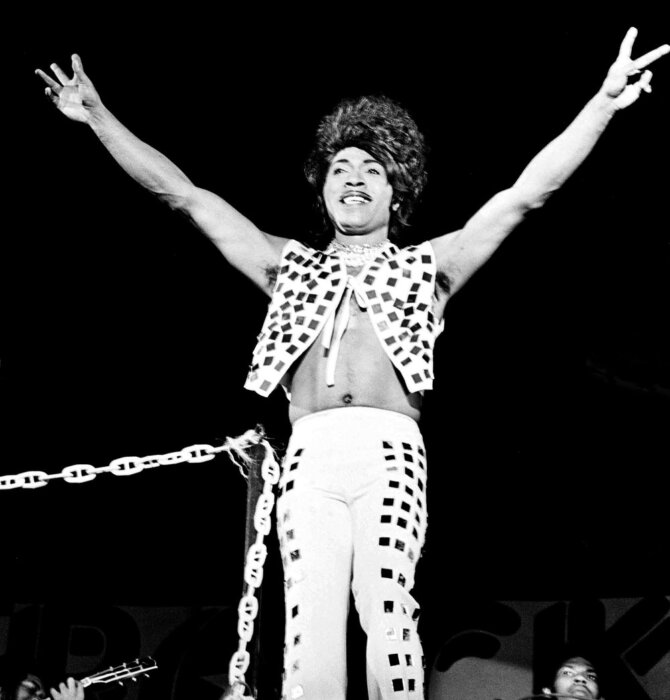
What do you hope people take away from the ‘Little Richard: I Am Everything?’
One would be the importance of this history… history is liberatory for people to acknowledge what has happened. I think especially in a time when African American history and the teaching of it is in danger in certain places, and where drag performers are being criminalized, it’s very important for us to understand that the contributions from the African-American and the LGBTQ communities are American contributions. They have been a part of our story for many decades.
I think [also] understanding this long tail of history and that the foremothers and forefathers in rock and roll were Black and they were queer, and that the story that’s been told of rock and roll has not put their faces forward. But, they are very important to the scaffolding of the music and of the history.
Catch ‘Little Richard: I Am Everything‘ digitally and in select theaters.






